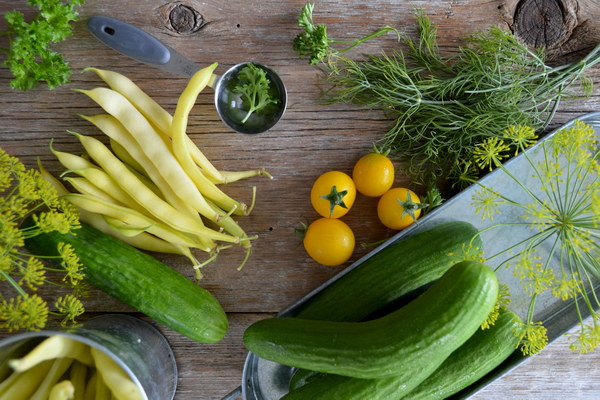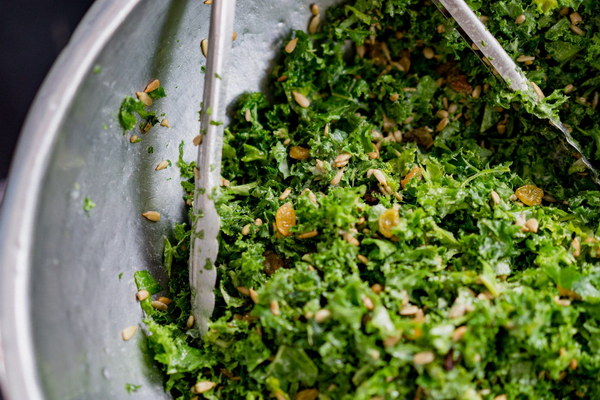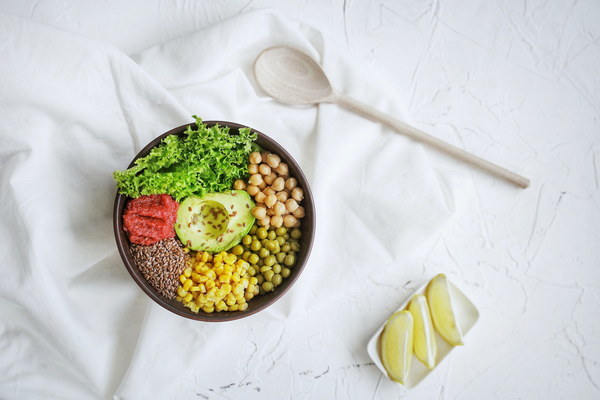Elderly Nutrition How to Boost Health and Vitality in Seniors
As we age, our bodies undergo numerous changes, and it becomes increasingly important to maintain a balanced diet to support our health and well-being. Seniors often require specific nutrients and dietary adjustments to ensure they receive adequate nutrition. In this article, we will explore the key principles of elderly nutrition, focusing on how to provide the right balance of nutrients to support their health and vitality.
1. Consult a healthcare professional

Before making any significant changes to your diet, it is essential to consult with a healthcare professional. They can assess your specific nutritional needs and provide personalized recommendations based on your age, health conditions, and lifestyle.
2. Prioritize protein intake
Protein is crucial for maintaining muscle mass, bone density, and overall strength in the elderly. Including high-quality protein sources, such as lean meats, fish, poultry, eggs, dairy, legumes, and tofu, in your diet can help prevent sarcopenia, a condition characterized by the loss of muscle mass and strength.
3. Opt for fiber-rich foods
Fiber plays a vital role in maintaining digestive health, preventing constipation, and managing blood sugar levels. Incorporate a variety of fiber-rich foods into your diet, such as fruits, vegetables, whole grains, nuts, and seeds.
4. Ensure adequate calcium and vitamin D intake
Calcium and vitamin D are essential for maintaining bone density and preventing osteoporosis. Include dairy products, fortified cereals, and leafy greens in your diet to get enough calcium. To support calcium absorption, ensure you are also getting adequate vitamin D, either through sunlight exposure or supplements.
5. Stay hydrated
As we age, our sense of thirst may diminish, making it crucial to stay hydrated. Water is essential for numerous bodily functions, including digestion, absorption of nutrients, and waste elimination. Aim to drink at least eight glasses of water per day, and consider adding a slice of lemon or cucumber for flavor.
6. Limit processed and sugary foods
Processed and sugary foods can contribute to chronic diseases, such as diabetes, heart disease, and obesity. Limit your intake of these foods and opt for whole, unprocessed options instead.
7. Incorporate antioxidants
Antioxidants help protect the body from oxidative stress, which can contribute to aging and chronic diseases. Include foods rich in antioxidants, such as berries, dark chocolate, green tea, and nuts, in your diet.
8. Use herbs and spices for flavor
Herbs and spices not only add flavor to meals but also offer various health benefits. Turmeric, ginger, and garlic, for instance, have anti-inflammatory properties that can help alleviate symptoms of arthritis and other inflammatory conditions.
9. Practice mindful eating
Encourage seniors to eat slowly and savor their meals. This can help improve digestion, increase nutrient absorption, and prevent overeating.
10. Consider nutritional supplements
If certain nutrients are difficult to obtain through diet alone, consider incorporating nutritional supplements, such as multivitamins, omega-3 fatty acids, and probiotics, into their routine.
By following these guidelines, you can help ensure that your elderly loved ones receive the proper nutrition to support their health and vitality. Always remember to consult with a healthcare professional before making any significant dietary changes or starting any new supplement regimen.









